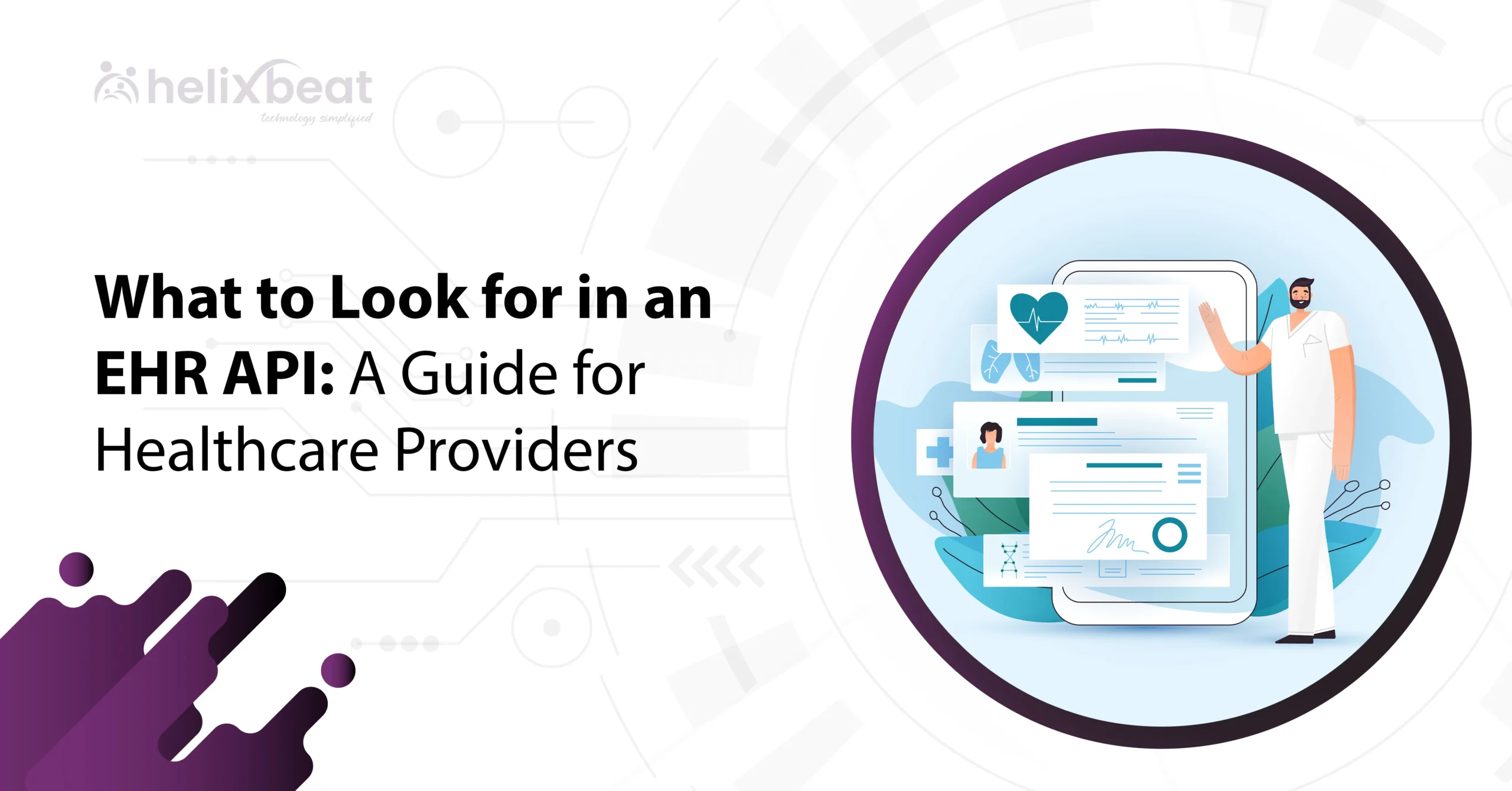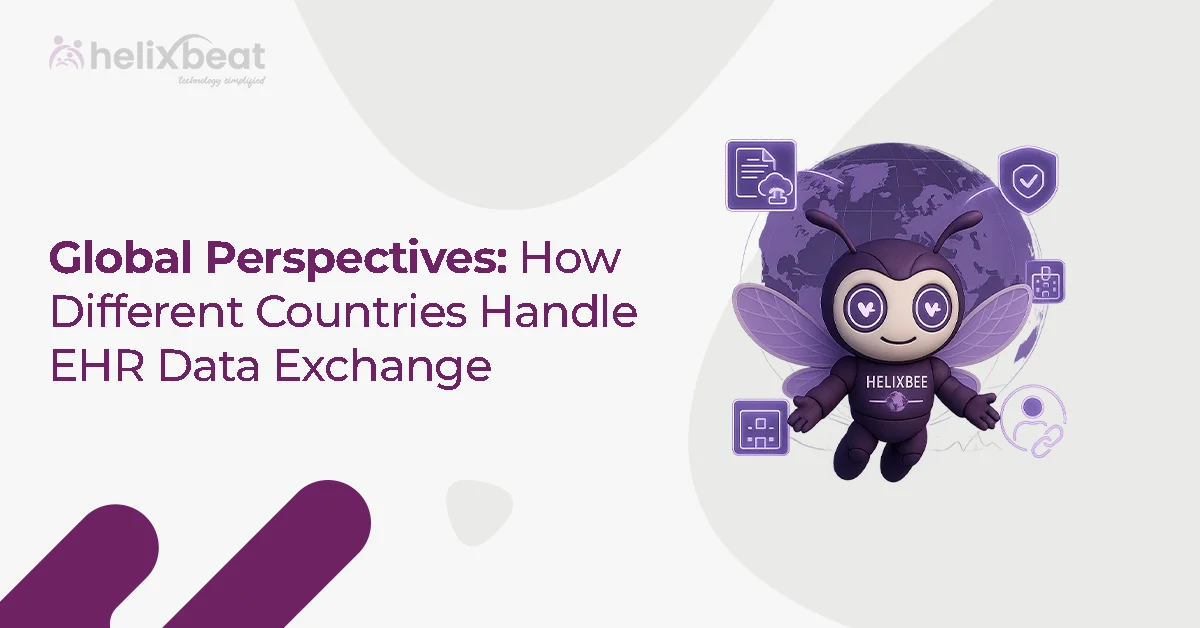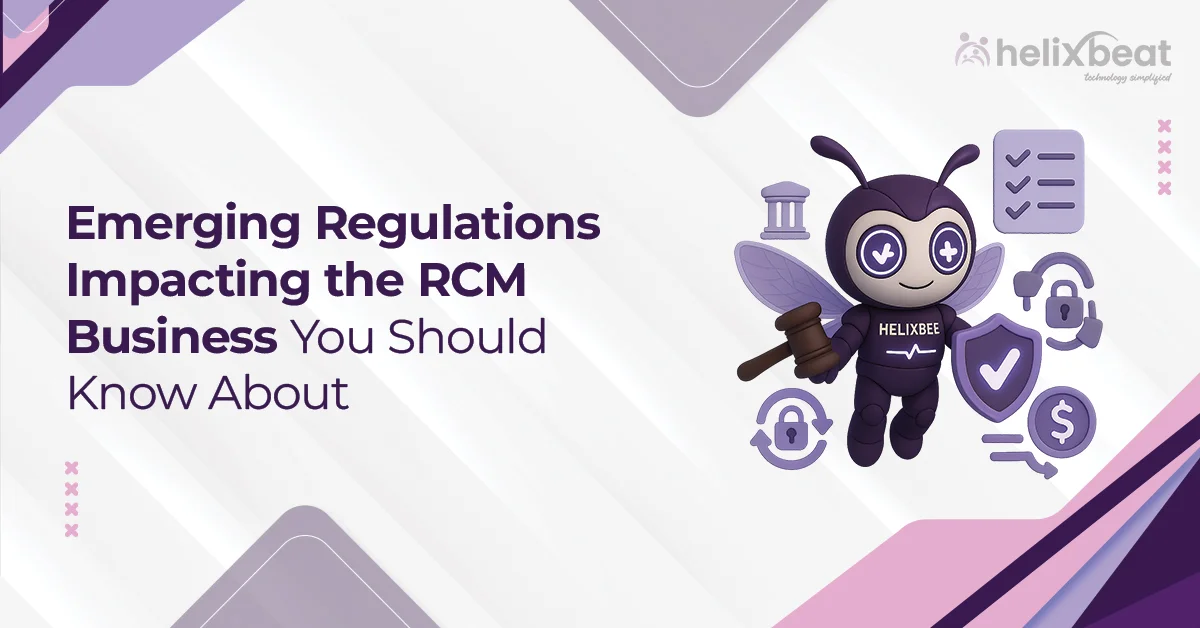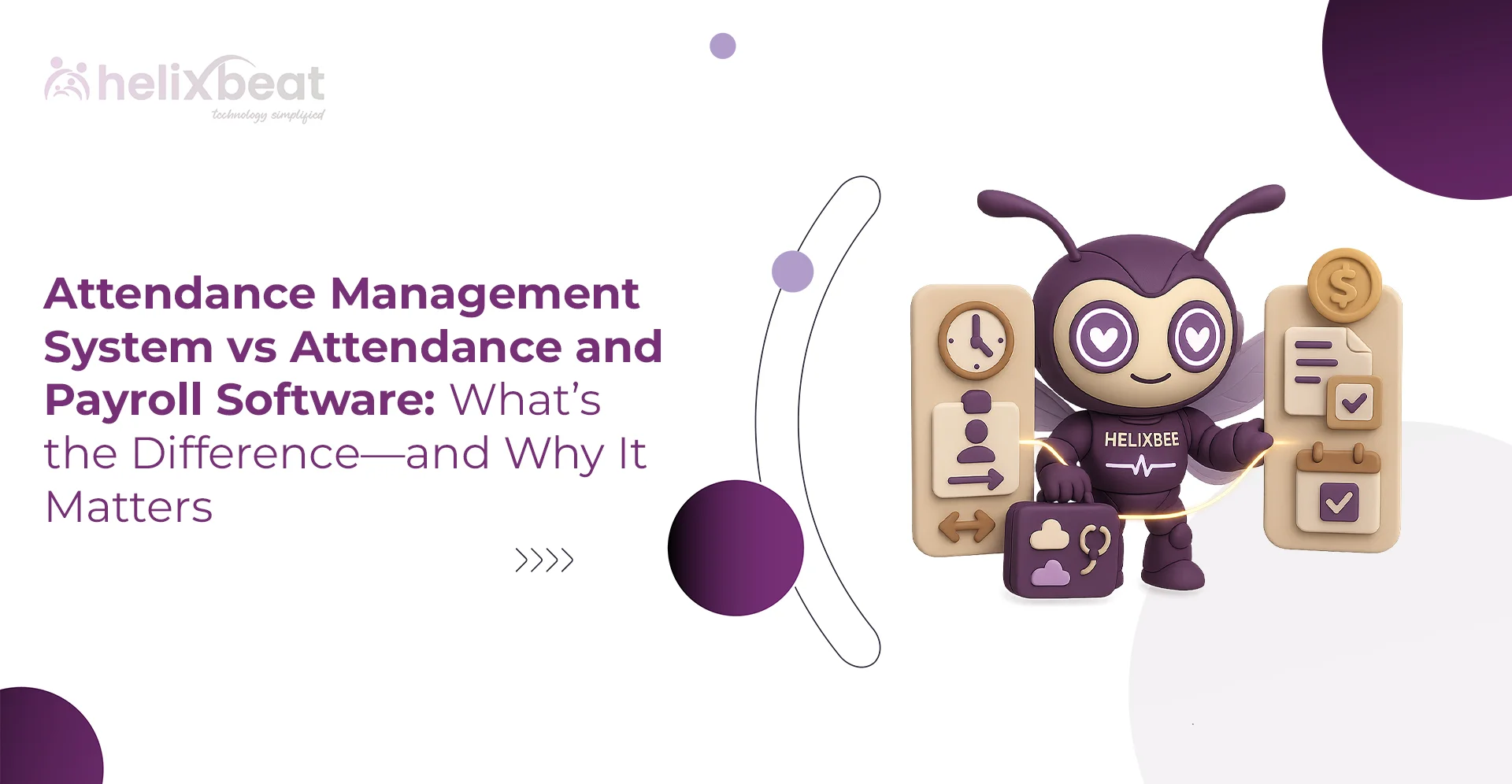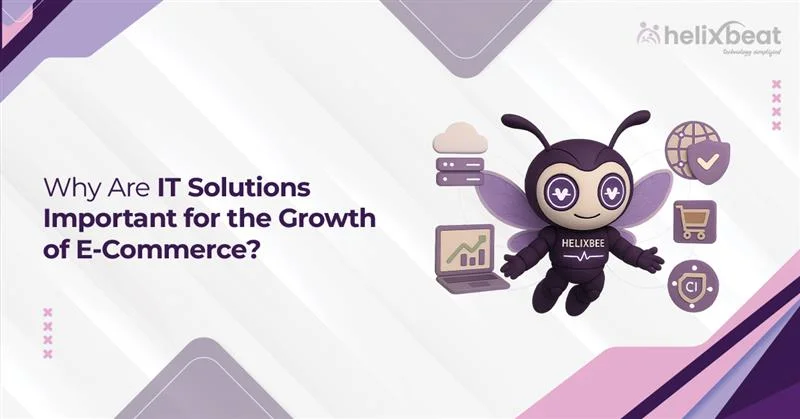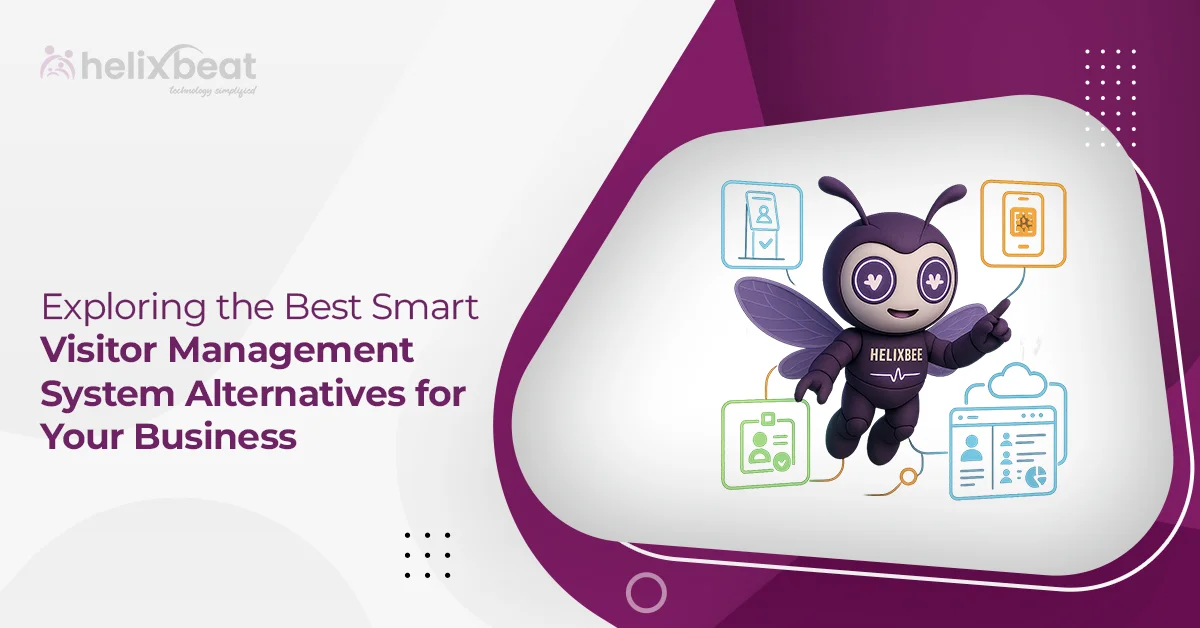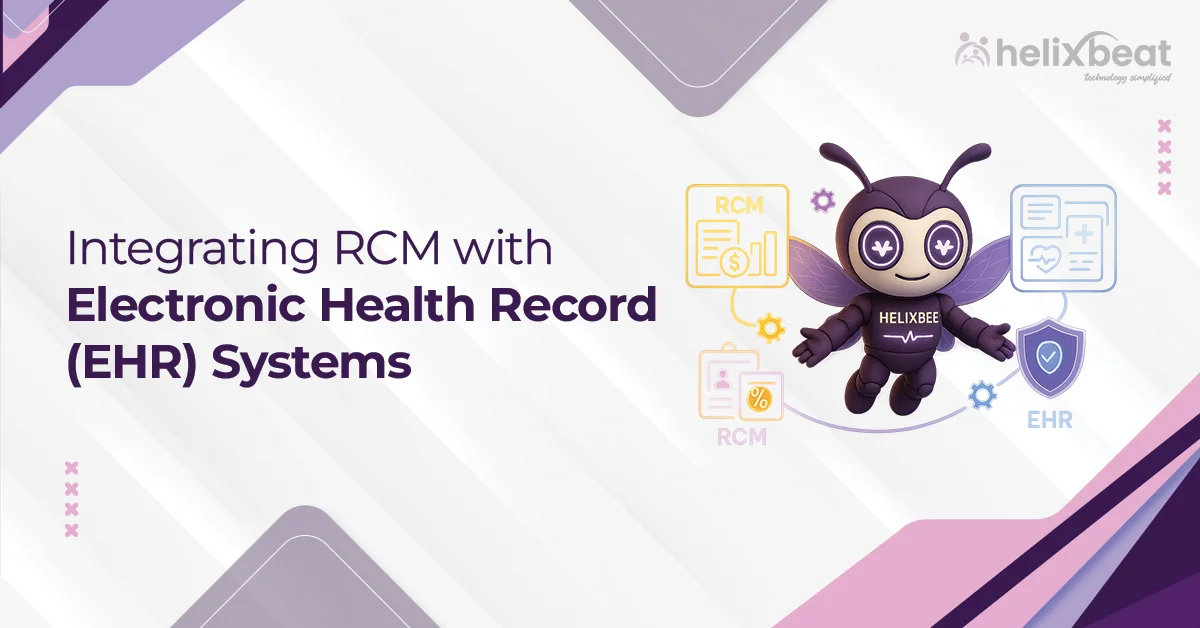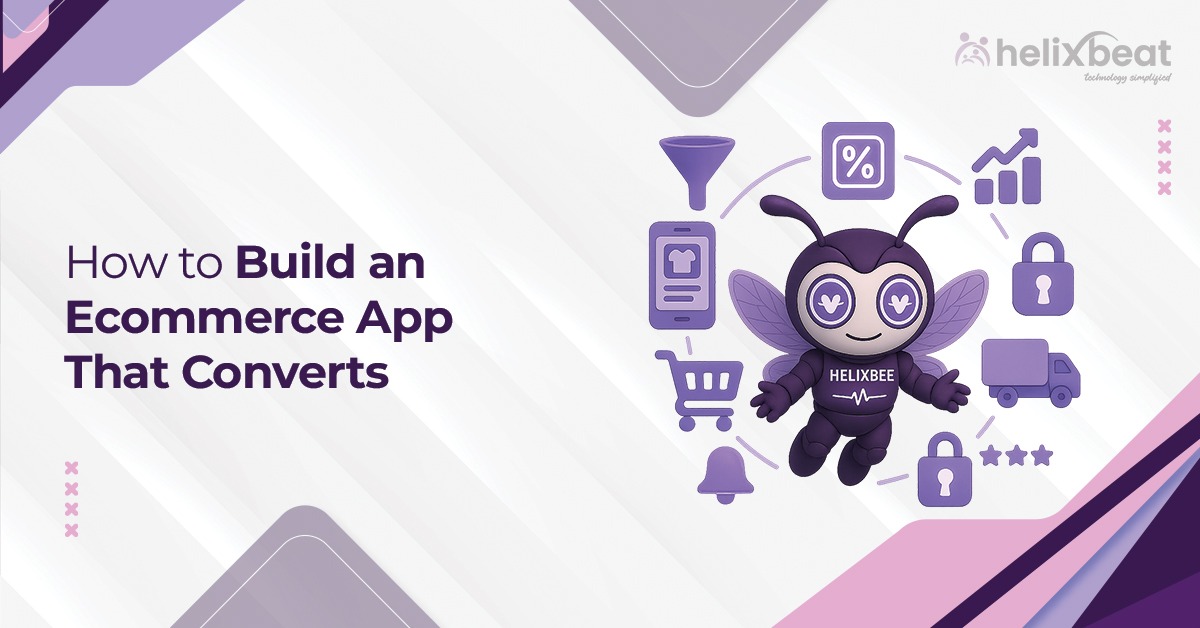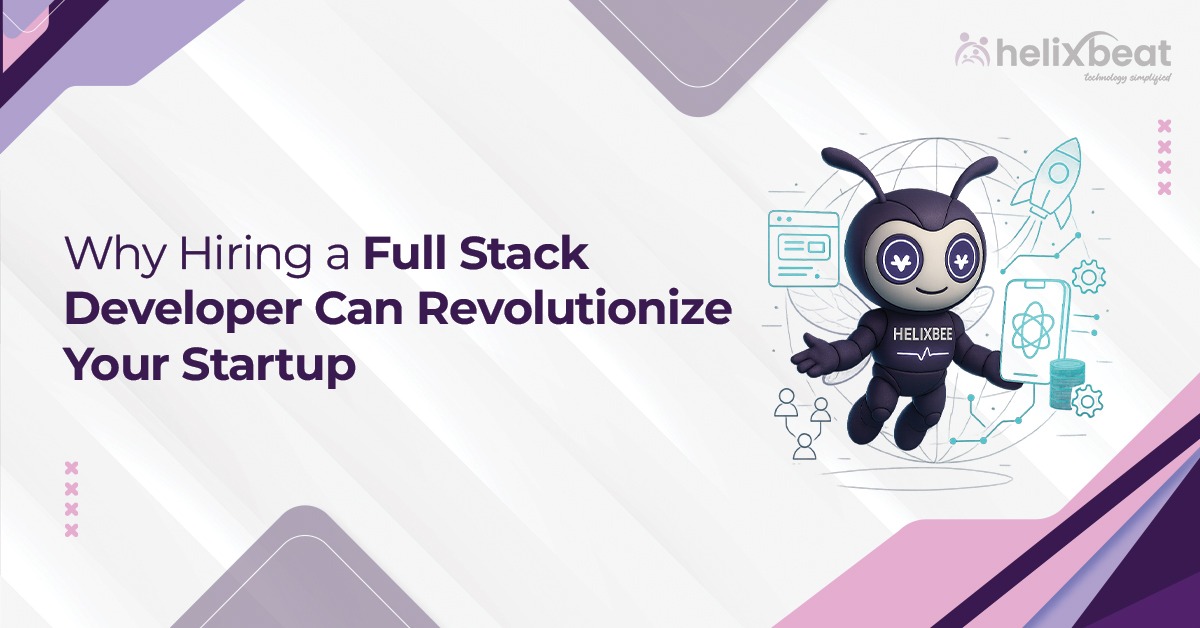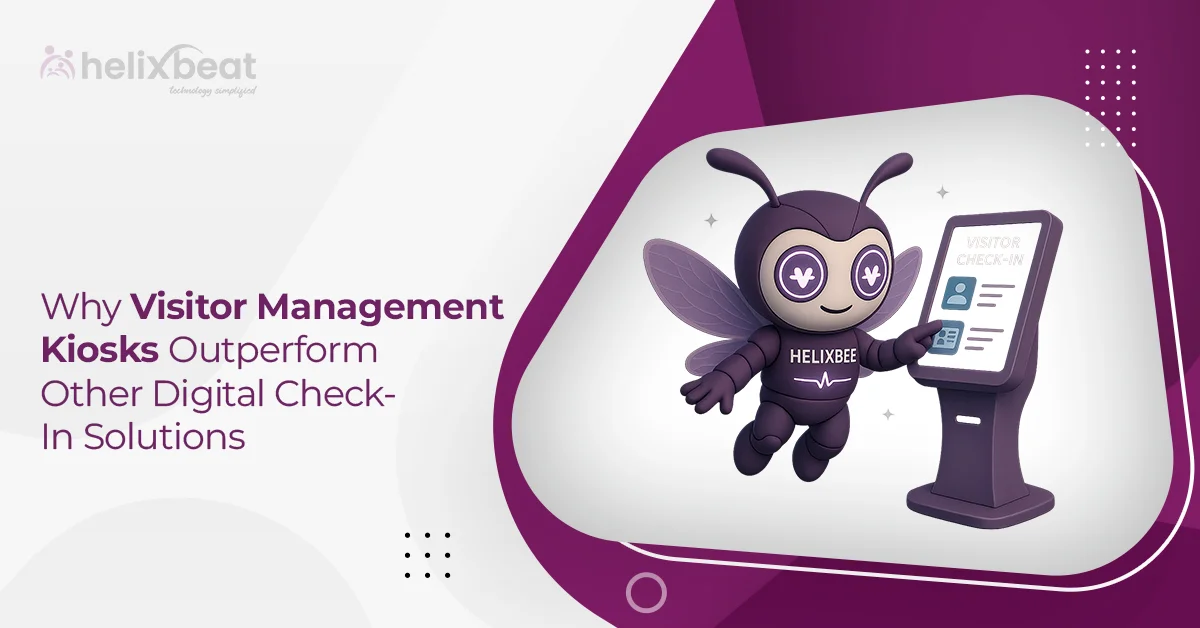When it comes to healthcare, the seamless exchange of patient data is not just important—it’s vital. But what happens when these systems can’t communicate with each other? In a world where fragmented systems lead to errors, inefficiencies, and delayed treatments, the need for API integration has never been clearer.
That’s where GENIUS by Helixbeat comes in. By offering a robust, comprehensive EHR API integration platform, GENIUS ensures that healthcare providers can streamline their data sharing, reduce operational inefficiencies, and enhance patient care. But what should you look for when selecting an EHR API for your healthcare system?

Table of Contents
Why API Integration Matters in Healthcare?
The modern healthcare landscape relies heavily on data to drive decision-making and improve patient outcomes. As healthcare providers strive to enhance their systems, the ability to share information seamlessly between disparate systems becomes paramount.
EHR systems are designed to centralize patient records, but how effective is your system if it can’t integrate with other software used by hospitals, clinics, labs, and pharmacies? This is where API Integration plays a critical role.
An API integration platform ensures that all systems—whether they are patient management systems, laboratory test databases, or pharmacy systems—can share information smoothly, creating a unified and effective approach to patient care. This integration prevents delays, reduces errors, and enhances the decision-making process.
What to Look for in an EHR API?
When selecting an EHR API Integration, it’s essential to consider several factors that ensure seamless implementation and long-term usability. Here’s a breakdown of the key elements that should be prioritized in choosing an API integration platform.
1. Seamless Integration with Existing Systems
One of the primary challenges when integrating an EHR API is ensuring that it fits into your current ecosystem without major disruptions. Before choosing an API, ensure it can integrate with your existing systems—whether it’s your patient management system, pharmacy databases, or other clinical software.
How GENIUS Makes It Easy- GENIUS by Helixbeat is designed with seamless integration in mind. It uses FHIR Integrations, making it compatible with a wide variety of healthcare applications. The platform ensures that all systems can talk to each other, providing real-time data sharing that’s essential for timely and accurate decision-making.
2. Data Security and Compliance
In the healthcare sector, data security is a non-negotiable aspect. Healthcare providers must comply with strict regulations such as HIPAA and CMS standards to ensure patient data is protected.
When selecting an API integration service, you need to ensure that the platform follows the necessary security protocols. This means encrypted data transfer, secure APIs, and compliance with relevant regulatory requirements.
How GENIUS Ensures Compliance- GENIUS goes above and beyond by providing tamper-proof audit trails and ensuring 100% compliance with CMS and HIPAA standards. This guarantees that healthcare providers are protected from the risk of data breaches and regulatory violations.
3. Ease of Use and Developer Support
Healthcare systems are complicated, and the last thing you need is an overly complex API integration process. A good API integration platform should come with clear documentation, developer support, and easy-to-use tools that enable fast, efficient implementation.
Developer-Friendly with GENIUS- GENIUS by Helixbeat offers pre-built templates and a robust developer portal, making it easy for developers to integrate FHIR into their applications. The platform also provides extensive documentation and support, ensuring that your development team can hit the ground running.
4. Real-Time Data Sharing
In a hospital or clinic, timely access to accurate data can be a matter of life and death. A good EHR API should offer real-time data sharing capabilities, allowing healthcare providers to make quick decisions based on the most up-to-date patient information.
Real-Time Data with GENIUS- With GENIUS, healthcare providers get access to real-time data sharing, reducing delays and errors. By integrating Fusion, a FHIR server designed to store and organize patient data, GENIUS ensures that healthcare providers can access the latest information, no matter where they are.
5. Cost Efficiency and Scalability
Cost is always a consideration when selecting new technology. However, investing in the right API integration services can save your organization more in the long run by reducing inefficiencies and improving workflows.
How GENIUS Saves Costs- GENIUS helps healthcare providers save $3,000–$5,000 per patient annually by reducing inefficiencies, improving the accuracy of claims processing, and standardizing data. This makes GENIUS not only a valuable tool for improving patient care but also a cost-effective solution for healthcare providers.
Benefits of Using GENIUS for EHR API Integration
GENIUS by Helixbeat enhances the effectiveness of EHR API Integration, streamlining healthcare workflows, and improving patient outcomes.
- Improved Care Coordination- With GENIUS, providers, labs, and pharmacies are connected in real-time, reducing delays in referrals, test results, and medication prescriptions. This streamlined process can improve overall patient care and outcomes. By facilitating better communication across departments, GENIUS ensures that healthcare professionals have up-to-date patient information at their fingertips, which is critical for decision-making.
- Increased Patient Engagement- Patient engagement is crucial for the success of any healthcare system. GENIUS gives patients greater control over their data, empowering them to make informed decisions about their care. This has been shown to improve patient satisfaction and retention, as patients feel more involved in their healthcare journey. By providing API integration services that allow patients to access their health data anytime, GENIUS promotes transparency and trust between providers and patients.
- Faster and More Accurate Claims Processing- GENIUS ensures that claims are processed with standardized data, reducing the likelihood of rejections and speeding up reimbursement processes. This leads to more accurate and faster financial operations for healthcare providers. By integrating EHR API Integration and API integration platform capabilities, GENIUS ensures that healthcare providers can submit claims seamlessly, improving revenue cycle efficiency.
Choosing the Best API Integration Platform for Your Healthcare System
Selecting the right API integration platform for your healthcare system is a critical decision. Here are some factors to consider when evaluating options:
- Compatibility with Existing Systems- Ensure that the API can easily integrate with your current healthcare system. This compatibility ensures that your system operates efficiently and avoids unnecessary disruption to existing workflows, especially when integrating with EHR API Integration systems.
- Compliance and Security- Make sure the platform adheres to all necessary regulations, including HIPAA and CMS standards. Security is paramount in healthcare, and a good API integration platform should follow best practices to ensure data protection and compliance with industry standards, such as API integration services.
- Real-Time Data Sharing- Look for a platform that offers real-time data sharing to enhance decision-making. Timely access to accurate information is crucial for healthcare providers to make informed decisions, and a robust API integration platform will enable seamless, real-time data exchange across different departments.
- Developer Resources- The platform should offer sufficient documentation, templates, and support for a smooth implementation process. A good API integration platform like GENIUS by Helixbeat provides pre-built templates and comprehensive developer resources, allowing your team to integrate smoothly with minimal friction.
- Cost- While cost should not be the only factor, choose a platform that offers long-term savings through increased efficiency. Opting for a high-quality API integration services platform may require a higher initial investment, but the long-term benefits, such as improved workflows and reduced manual errors, will pay off.
Wrapping up
The world of healthcare IT is rapidly evolving, and effective API Integration is at the core of this transformation. By integrating the right EHR API, healthcare providers can streamline operations, improve patient care, and reduce operational costs.
GENIUS by Helixbeat offers a comprehensive solution for healthcare providers, providing seamless integration, real-time data sharing, robust compliance, and cost efficiency. Whether you’re looking to reduce operational inefficiencies or improve patient engagement, GENIUS can help you achieve your goals.
Now is the time to make your healthcare system more efficient and patient-centered by leveraging the power of EHR API Integration. Make the decision to streamline your operations and enhance patient care with GENIUS today.
FAQs
1. What is EHR API Integration?
EHR API Integration refers to the process of linking Electronic Health Records (EHR) with other healthcare systems through APIs to share and exchange patient data seamlessly.
2. Why is real-time data sharing important in healthcare?
Real-time data sharing ensures that healthcare providers have the latest patient information available, which can lead to faster, more accurate decision-making, and better patient care.
3. Can GENIUS be customized for my healthcare system?
Yes, GENIUS is highly customizable and can be tailored to meet the unique needs of any healthcare provider, from small clinics to large hospital networks.
4. How does GENIUS help with patient engagement?
GENIUS empowers patients by giving them control over their healthcare data, leading to higher satisfaction and stronger provider-patient relationships.
5. How do I get started with GENIUS?
To get started with GENIUS, contact Helixbeat for a consultation, where you’ll learn about the platform’s features and how it can be integrated into your healthcare system.



